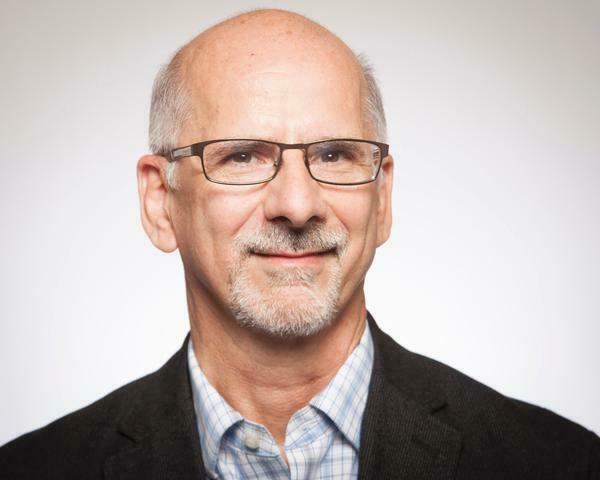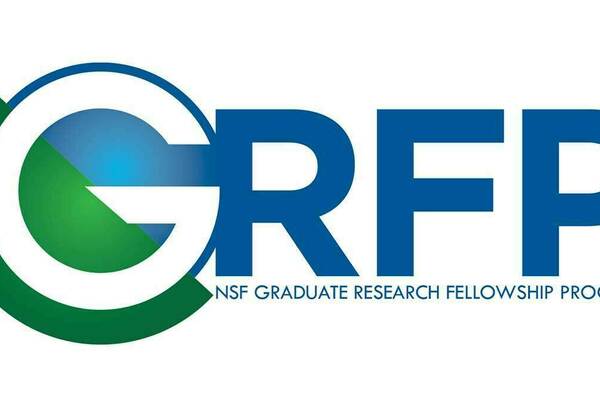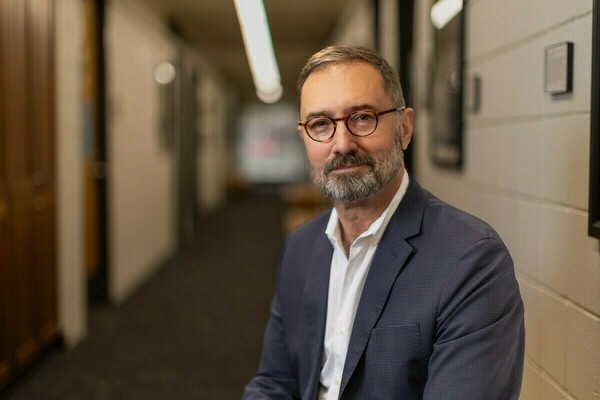After graduating from Notre Dame in 1992 with bachelor's degrees in Medieval and Renaissance Studies and in Accounting, Alex Miller pursued a Master of Business Administration at Harvard University. Until this summer, he was principal for global head of strategy and principal strategy lead in the United States for KPMG, LLP, one of the largest accounting organizations in the world.
For Miller, now a senior mergers and acquisitions and performance improvement advisor, exploring the medieval period fulfilled his intellectual curiosity and helped him become an agile thinker.
What drew you to medieval studies as an undergraduate?
I was drawn to the breadth of the curriculum—literature, history, art, government, philosophy. I was seeking the most broad liberal arts education possible—and medieval studies allowed me to pursue a range of passions. I was also intrigued by all that is not known about this period of history. Much of what we know is pieced together from various sources—we don’t have many of the definitive sources that we do for more recent historical periods.
What are some ways that studying the Middle Ages at Notre Dame has helped you in your career path and growth?
My undergraduate experience studying medieval history at Notre Dame foreshadowed my career as an executive. I am intellectually curious: I am interested in analyzing and solving the hardest types of problems. I enjoy learning and the process of learning, either from a book, a teacher or an experience. I value creativity: I think that a broad liberal arts education makes you a versatile and agile thinker. I believe in taking risks: Failure can be crushing but it is life’s greatest teacher. Taking risks broadens our perspectives and forces us into situations that are less comfortable, allowing us to grow.
My undergraduate experience studying medieval history at Notre Dame foreshadowed my career as an executive.
Tell us about a meaningful experience you had during your program at the Medieval Institute.
Professor William Dohar (now at Santa Clara University) was a prominent medieval studies professor at Notre Dame when I was a student. He also lived in my dorm, Flanner Hall. Father Dohar is a deeply religious man with a strong grasp of the historical interrelationships between religion and history in the human experience. I was and continue to be fascinated by that relationship in the medieval period (“Life is nasty, brutish and short,” as Thomas Hobbes says). He gave me the greatest gift we can give one another in our busy lives: Father Dohar gave me the gift of time. He spent time with me talking about people’s lived experiences during this period, and sharing wonderful source documents, art and literature to amplify that experience. I have a genuine love of history and art, and Father Dohar nourished that passion.

Why do you consider medieval studies valuable for today's world, for students or those who have graduated?
The human experience is at an important inflection point—and the medieval period provides a foundational reference point. People are living longer on a planet that we have damaged badly, a product of intense human innovation and human productivity. We must decide the type of world that we want to live in and make sacrifices and changes to achieve that outcome. Leaders that can grasp just how much has changed between the Middle Ages and the present day will find it easier to find that “true north” moral conviction to be passionate stewards for change. Humans and their ancestors have been on the Earth for 6 million years, but understanding the last 800 of those years may be the key to future human existence.
Editor's Note: This interview has been edited for length and clarity.
Look for an installment of the Medieval Institute's Alumni Spotlight series each semester.
Originally published by at medieval.nd.edu on October 10, 2022.


